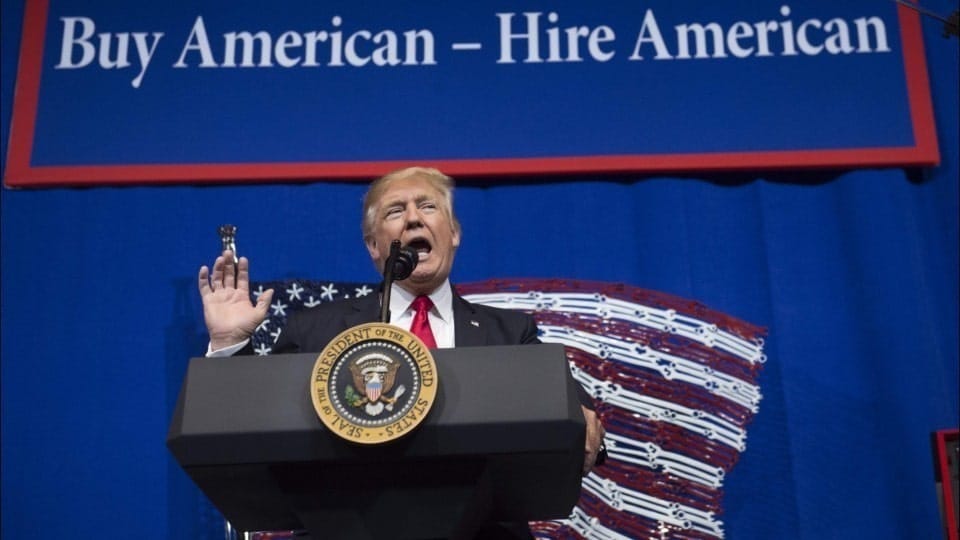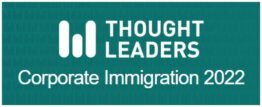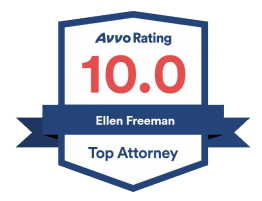
President Donald Trump issued his “Buy America, Hire America” mandate one year ago with the intention of promoting American industry, but immigration lawyers say that it has instead created a series of stumbling blocks for businesses trying to expand their operations in the U.S.
The mandate, issued April 18 last year, outlines goals of reducing illegal immigration, detecting and preventing immigration fraud and increasing information-sharing among federal agencies in order to increase employment of U.S. workers and their wages. It encourages particular scrutiny of the H1B skilled worker visa program, which the administration claims U.S. companies have abused by replacing American workers with lower-paid foreign workers.
In practice, the mandate has had a chilling effect on legal employment-based immigration at a time when demand for foreign workers is high due to a low U.S. unemployment rate, attorneys say.
Stricter standards for visa applications across the board have delayed their processing domestically and in U.S. consulates abroad, leaving employers reticent to pursue immigration benefits.
“The policy has definitely forced all U.S. immigration law firms to raise the bar in terms of their level of diligence involving all types of visa applications,” Neil Weinrib, founder and managing attorney of Neil A. Weinrib & Associates, told Law360. “USCIS has definitely raised the bar on almost every type of immigration and visa application and petition.”
Here, Law360 examines the implementation of the mandate and how attorneys have coped with resulting challenges.
Fraud as a ‘Guise’
The mandate instructs immigration authorities to stringently enforce regulations to weed out visa fraud, but data from U.S. Immigration and Customs Enforcement indicates that visa fraud is not widespread and has even declined over the last two years.
There are two major forms of immigration fraud tracked by ICE. Document fraud involves the use of fake identification documents, sometimes obtained via identity theft, to circumvent immigration law. Benefit fraud involves the “willful misrepresentation of a material fact on a petition or application to gain an immigration benefit,” according to ICE.
ICE spokesperson Matthew Bourke told Law360 that the agency’s Homeland Security Investigations unit arrested 1,176 individuals for document and benefit fraud combined in fiscal year 2017, a 28 percent decrease over the previous year. In 2016, the unit arrested 1,623 individuals and in 2015, 2,155 individuals.
Bourke said that the agency had established five new task forces to address document and benefit fraud in fiscal year 2017, bringing the total number to 29 across the country, and increased worksite enforcement, noting that illegal hiring practices can “go hand-in-hand with document fraud.”
Anastasia Tonello, managing partner of Laura Devine Attorneys, told Law360 that while the federal government should discourage immigration fraud, it should not come at the cost of legitimate employment-based immigration.
“I think fraud was a guise,” she said. “Fewer applications are going through and fewer people are applying. We’re discouraging legitimate business, entrepreneurs and families from pursuing immigration benefits. We’re wasting time preventing companies from investing in the U.S.”
E Visa Roadblocks
The mandate has had a significant impact on U.S. Department of State adjudications of E visas for essential skilled workers qualifying as traders or investors who want to grow businesses in the U.S.
Consular officers have started to enforce a portion of the Foreign Affairs Manual that allows them to inquire about the availability of U.S. workers when adjudicating such applications, attorneys said. Lisa Scott, owner of the Scott Global Migration Law Group, told Law360 that petitioners are now being asked, “Why can’t Americans do their jobs?”
Ellen Freeman, a partner in charge at Porter Wright Morris & Arthur LLP, told Law360 that the consular officers have directed the questioning to the foreign nationals themselves, rather than the businesses that are seeking to bring them to the U.S.
“If they are currently living abroad, they may not necessarily be that familiar with the new employer’s operations,” she said. “And yet, they’re being asked why an American is not being hired.”
The same line of questioning also comes into play when extending E visas, Freeman said. Foreign nationals are generally eligible for five-year visas and, if they attempt to extend the visa after five years have passed, consular officers assume that a business has grown enough in the intervening time that it should hire a U.S. worker for that role.
Freeman said that attorneys have pursued varying strategies for proving that no U.S. workers are available for a particular role, with some producing information from recruiters, on the market, or on unemployment up front.
Requests for Evidence Across the Board
Attorneys have almost universally seen more U.S. Citizenship and Immigration Services’ Requests for Further Evidence calling into question aspects of their clients’ visa applications than ever before. The requests often ask for information and documents already supplied to the Department of Homeland Security and have been “a roadblock to many U.S. assignments within large U.S. companies,” Scott said.
Tonello said that adjudications have been based on the “presumption that you’re doing something wrong, that you’re trying to get away with something or that the person isn’t qualified.” She said some of her clients petitioning for O visas, which are for individuals with extraordinary ability or achievements, have received requests for evidence from USCIS that take “the most restrictive view” of their occupations.
For example, a credit analyst for a large bank with the title “Director of Securities” received a three-page request for evidence questioning the scope of her job and whether she is a director or an analyst, Tonello said. Another client received a request for evidence disputing whether his Grammy Award in sound mixing was in his required area of expertise as a sound engineer.
Even seemingly routine and straightforward petitions for H1B skilled worker visas — for petitioners such as accountants for accounting firms or investment analysts for a reputable investment bank — are being routinely questioned, Weinrib said. Usually, officials flag such applications on grounds that a job opportunity does not constitute a “specialty occupation” or has an entry-level salary.
“We recently had a routine H1B visa renewal significantly questioned and delayed at the U.S. Consulate in Juarez, Mexico, despite the fact that they had previously granted renewals to this highly qualified Indian national,” Weinrib said. “This certainly has come as a surprise and requires significant caution and preparation in sending foreign nationals abroad to obtain either first-time working visas or even renewals.”
Scott said that she had another case in which a 20-year veteran of an American company based abroad has not been permitted to enter the U.S. to train American employees, even though the company’s manufacturing operations are returning to the U.S.
“Kind of a Catch-22 here,” she said. “How can we ‘buy American’ if the company can’t bring in the needed personnel to be able to manufacture the product here? How can we ‘hire American’ if we can’t bring the manufacturing back to the U.S.?”
By Nicole Narea
Editing by Pamela Wilkinson and Breda Lund.
Law360 (April 13, 2018, 9:46 PM EDT)
All Content © 2003-2018, Portfolio Media, Inc.














